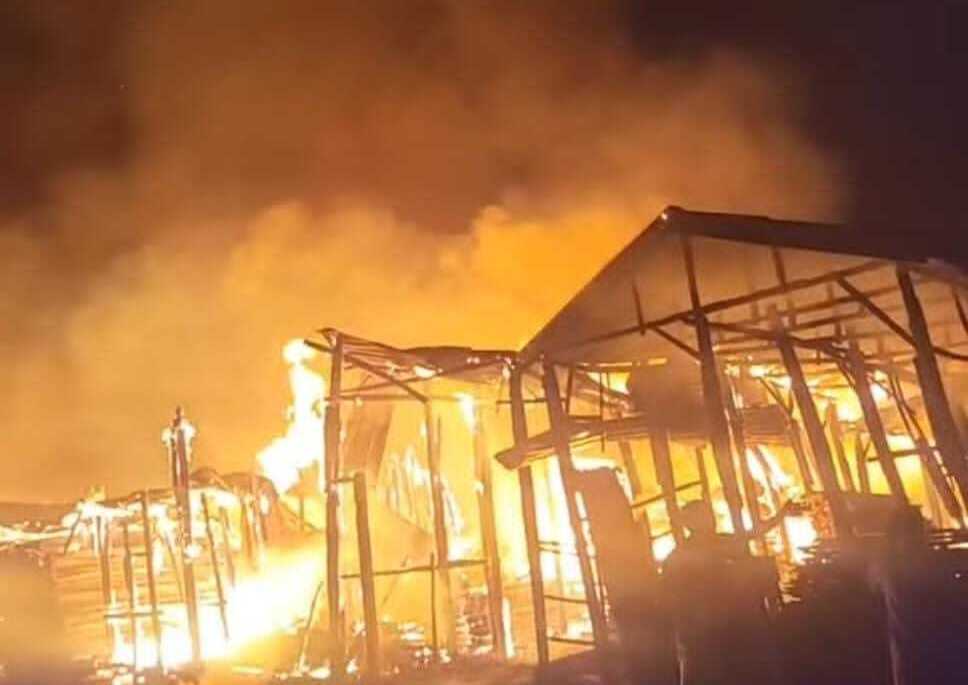An organisation focused on improving economic development and environmental justice, Policy Alert, has raised the alarm on the impact of methane emissions on extractive communities in the Niger Delta region.
The organisation noted that the region, over the years, has become a theatre of environmental degradation and economic deprivation of the inhabitants. According to the group, the development was sequel to the failure of corporations to adhere to global standards for resource extraction as practiced elsewhere in the world.
To mitigate the effects of the emissions, the organisation, in collaboration with the Natural Resource Governance Institute and We The People, recently organised a sensitisation programme for community leaders, rights activists and the media in the Niger Delta region.
The programme, which was held in Port Harcourt, featured presentations from various stakeholders, including environmentalists, government officials and community representatives from the states in the region.
Speaking with newsmen at the event, the Executive Director, Policy Alert, Mr. Tijah Bolton-Akpan, said the workshop was organised to improve the capacity of community members towards implementing actions that would reduce methane emissions in their communities.
He berated the government for its reluctance in prioritising the challenge. He said: “The government on their own part has not been keen on enforcing regulatory principles and frameworks and that has also led to huge impacts for communities – ecological, social and economic impacts.
“One of the most criminal of this practice is actually gas flaring, venting and leakages; emissions that are called fixed emissions. Now, when those things happen, they release a lot of poisonous gasses into the atmosphere. CO2 is a common one we know, which is highly responsible for climate change.” Akpan explained that methane emission is one of the major causes of climate change.
“So, we want the communities to come up to speed on the impact of methane emissions on their lives; whether on their social lives, their economic livelihoods or health. We have a lot of cancer cases; we have a lot of respiratory disorders in our communities; we have a lot of reproductive disorders and this has been linked to the poisonous gasses that they inhale,” he added.
In her presentation, a Senior Officer at the Natural Resource Governance Institute, Nengi George-Okoli, said: “We came here today to ensure that decisions that are being made are also incorporating best practices that minimise the impact on the health and environmental risks that leveraging gas can have on communities in terms of their livelihoods.”
She regretted that Nigeria has a lot of laws and policies but does not have regulations, adding: “Until we can understand where we are coming from, we cannot say where we are going to or the progress we need. So that’s one thing I think will be very important to help the fight against methane emissions.”
Group raises alarm on impact of methane emissions in N’Delta






